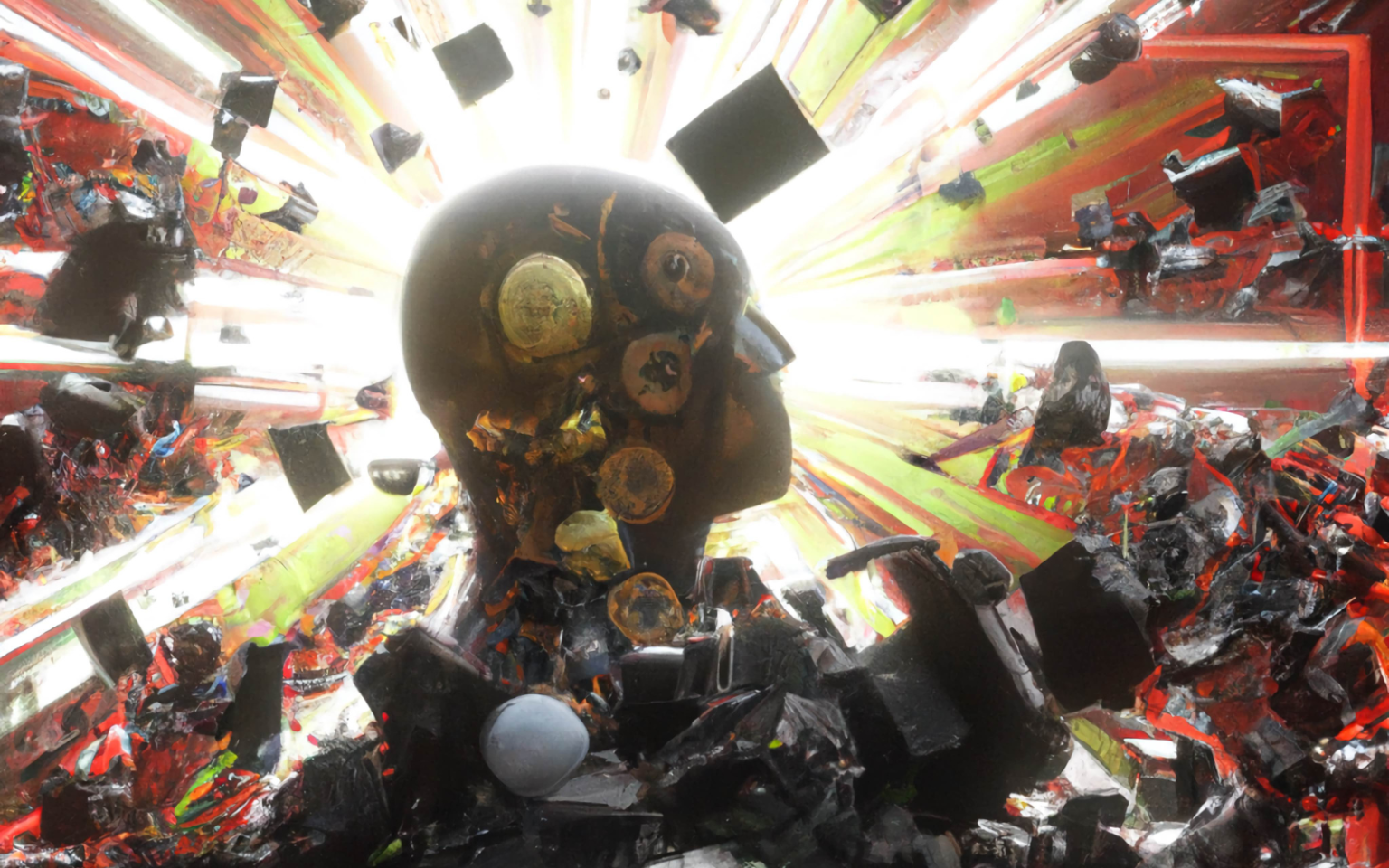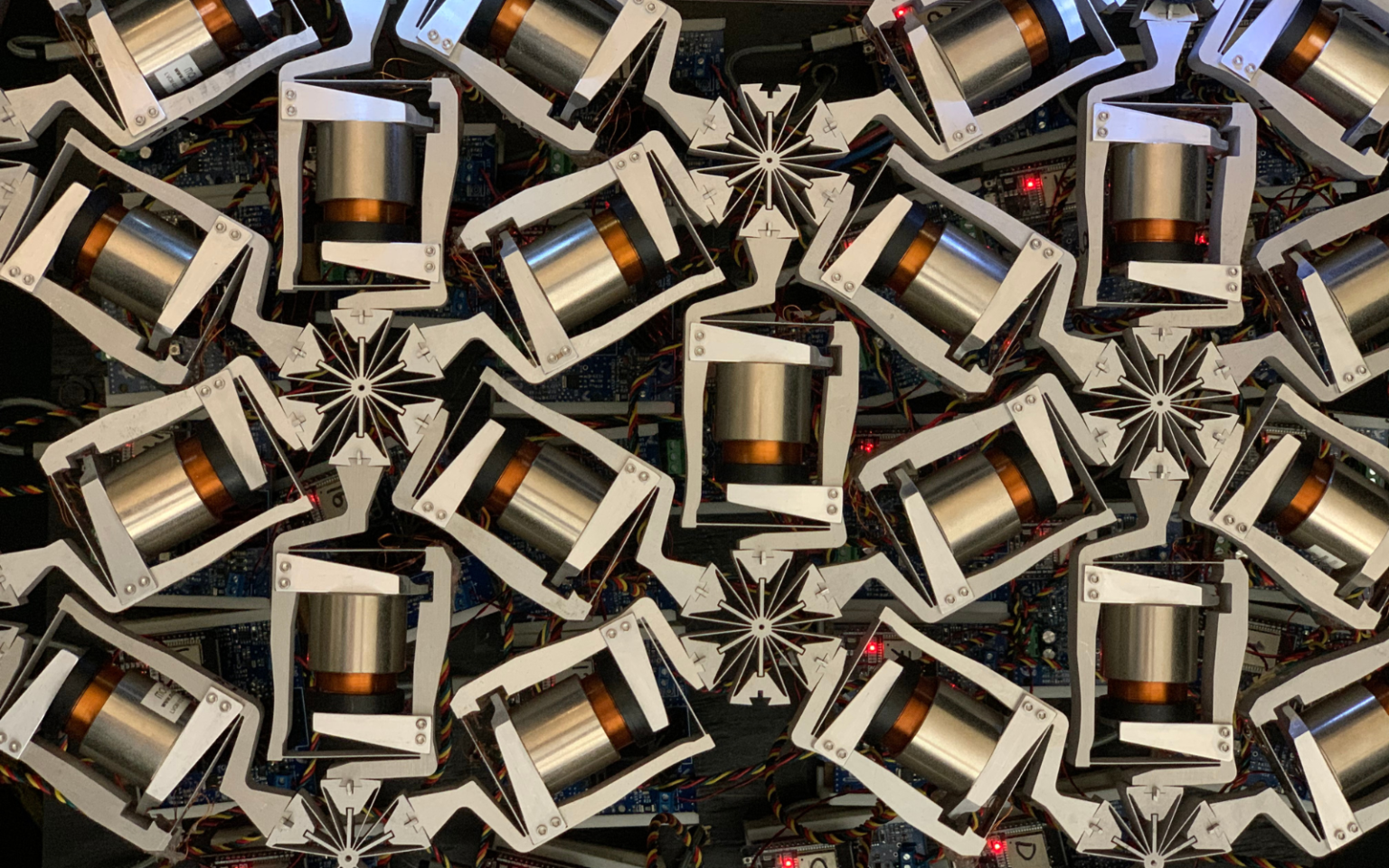The study of exoplanets, worlds which orbit stars other than our sun, is currently being transformed by the new James Webb Space Telescope (JWST). We will shortly gain our first insight into conditions on rocky, potentially Earth-like worlds beyond our solar system. One of these distant worlds might host life. But could we detect it? We may be able to spot signs of life in the composition of the planet’s atmosphere. We can use a technique called transmission spectroscopy – which divides up light by its wavelength – to search for traces of different gases in starlight as it passes through a planet’s atmosphere.…
Author: The Conversation
In early October, the Pew Research Center released a report called “The Role of Alternative Social Media in the News and Information Environment.” While the report is well-researched and reveals a great deal about the current state of digital media, news and right-wing propaganda, it is wrong about alternative social media. The report focuses on seven alternative social media sites: BitChute, Gab, Gettr, Parler, Rumble, Telegram and Truth Social. These sites help put the “alt” in alt-right by harbouring transphobes, anti-vaxxers and Jan. 6 insurrection sympathizers. The report provides content analysis on these sites and shows how some Americans might rely…
In the 2002 movie Minority Report (based on a short story by Philip K Dick), director Steven Spielberg imagined a future in which three psychics can “see” murders before they happen. Their clairvoyance allows Tom Cruise and his “Precrime” police force to avert nearly all potential homicides. Twenty years on, in the real world, scientists and law enforcement agencies are using data mining and machine learning to mimic those psychics. Such “predictive policing”, as it is called, is based on the fact that many crimes – and criminals – have detectable patterns. Predictive policing has enjoyed some successes. In a case study in the US,…
According to Mark Zuckerberg, the “metaverse” – which the Meta founder describes as “an embodied internet, where instead of just viewing content – you are in it” – will radically change our lives. So far, Meta’s main metaverse product is a virtual reality playground called Horizon Worlds. When Zuckerberg announced his company’s metaverse push in October 2021, the prevailing sentiment was that it was something nobody had asked for, nor particularly wanted. Legs are coming soon! Are you excited? 🎉 pic.twitter.com/SB6qSepKm4 — Meta Horizon (@MetaHorizon) October 11, 2022 Many of us wondered what people would actually do in this new online realm. Last…
How would an artificial intelligence (AI) decide what to do? One common approach in AI research is called “reinforcement learning”. Reinforcement learning gives the software a “reward” defined in some way, and lets the software figure out how to maximise the reward. This approach has produced some excellent results, such as building software agents that defeat humans at games like chess and Go, or creating new designs for nuclear fusion reactors. However, we might want to hold off on making reinforcement learning agents too flexible and effective. As we argue in a new paper in AI Magazine, deploying a sufficiently advanced reinforcement learning agent…
Virgin Orbit, a US company which provides launch services for satellites, has announced that the first orbital space mission from the UK will blast off from Cornwall. The rocket, which will carry nine satellites, along with a launch aircraft have been delivered by an RAF C-17 – a military, heavy-lift strategic transport plane. This is primed to be a new phase for the UK and its involvement in space missions. It has the potential to bring tourism, economic benefits and jobs to the country. But is it a practical launch site and could we expect the likes of SpaceX or Nasa to…
Unlike the carefully scripted dialogue found in most books and movies, the language of everyday interaction tends to be messy and incomplete, full of false starts, interruptions and people talking over each other. From casual conversations between friends, to bickering between siblings, to formal discussions in a boardroom, authentic conversation is chaotic. It seems miraculous that anyone can learn language at all given the haphazard nature of the linguistic experience. For this reason, many language scientists – including Noam Chomsky, a founder of modern linguistics – believe that language learners require a kind of glue to rein in the unruly nature of everyday…
The big idea A new type of material can learn and improve its ability to deal with unexpected forces thanks to a unique lattice structure with connections of variable stiffness, as described in a new paper by my colleagues and me. The new material is a type of architected material, which gets its properties mainly from the geometry and specific traits of its design rather than what it is made out of. Take hook-and-loop fabric closures like Velcro, for example. It doesn’t matter whether it is made from cotton, plastic or any other substance. As long as one side is a fabric…
In the UK, a quarter of people who take their own lives were in contact with a health professional the previous week, and most have spoken to someone within the last month. Yet assessing patient suicide risk remains extremely difficult. There were 5,219 recorded deaths by suicide in England in 2021. While the suicide rate in England and Wales has declined by around 31% since 1981, the majority of this decrease happened before 2000. Suicide is three times more common in men than in women, and this gap has increased over time. A study conducted in October 2022, led by the Black Dog Institute in…
A Victorian coroner has cited problematic gaming behaviour as the driver of a mood disorder which contributed to the 2019 death of regional school boy Oliver Cronin. The findings from Coroner Paresa Spanos’s investigation were released on Wednesday. Spanos wrote in the report: In the 12 months preceding his death, Oliver appears to have become obsessed or addicted to video gaming. He became irrational and aggressive at times. His parents tried to restrict his access to the gaming devices in an attempt to temper this behaviour, but this led to an escalation in Oliver’s behaviour escalating to verbal and physical abuse against his…










